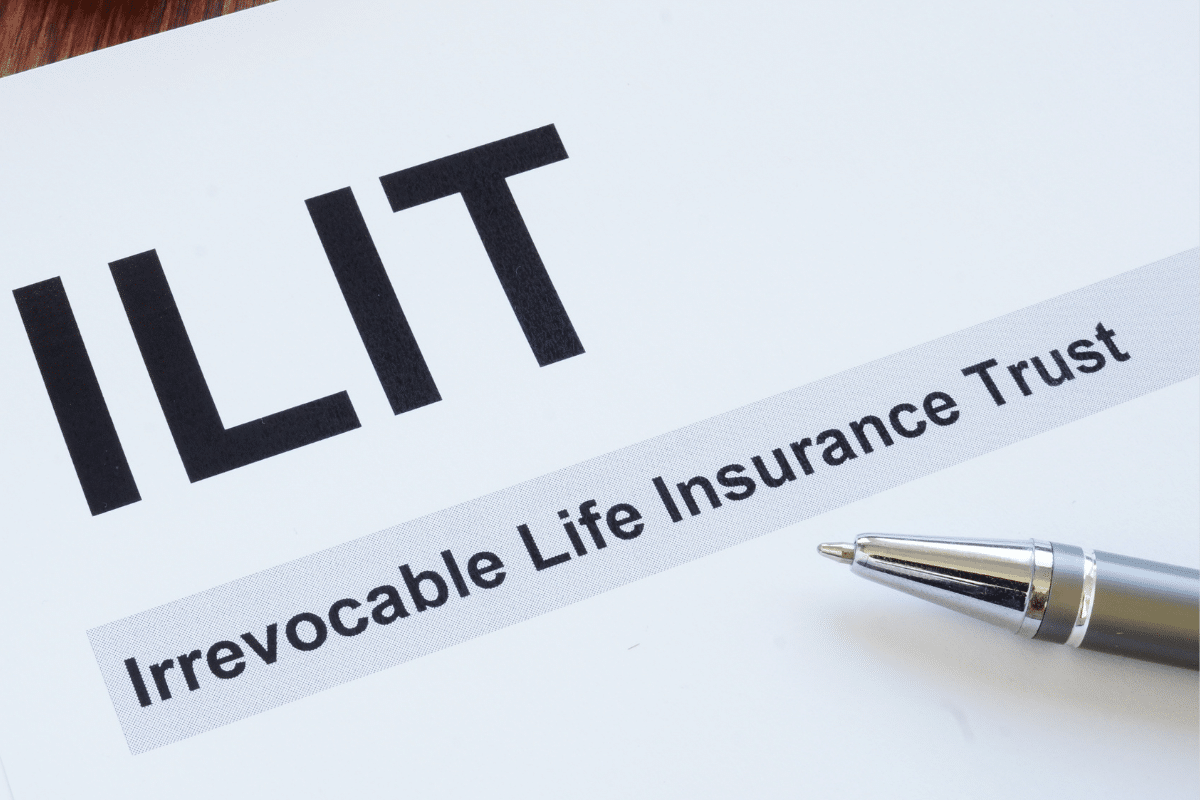Legacy Design Strategies
Omaha, NE, Minot, ND and Iowa Fall, IA Estate Planning and Elder Law Firm
Estate Planning and Elder Law Blog

Nj.com’s recent article entitled “Should I terminate this trust and do I need a will?” looks at the situation where a person created a revocable and an irrevocable life insurance trust (ILIT) to take care of his family after his death.
However, now everyone in the family is financially independent and the value of his estate is far below the 2021 taxable threshold of $11.7 million.
Should he end the trusts and simply designate his children as beneficiaries of his investment accounts and life insurance?
The purpose of an irrevocable life insurance trust (ILIT) is to own and control term or permanent life insurance policies, so the policy proceeds aren’t part of the insured’s taxable estate upon death.
In this situation, the ILIT was funded with a term policy that’s set to expire soon. As a result, it may be easier to let the policy owned by the ILIT expire.
If that happens, the ILIT would be immaterial. Note that the terms of the ILIT will dictate the procedure for the termination of the trust. This can be simple or difficult. Talk to an experienced estate planning attorney to examine the trust’s language.
A revocable living trust lets the individual creating the trust control the assets in the trust and avoid probate.
This type of trust can also be used to manage the trust assets by a successor trustee, if the grantor who created the trust becomes incapacitated.
An experienced estate planning attorney will know the state laws that regulate trusts, so consult with him or her. For example, banks in New Jersey may freeze 50% of the assets in an estate upon the owner’s death to make certain that any estate or inheritance taxes due are paid. In the Garden State, a tax waiver must be obtained to lift the freeze. However, the assets in a trust aren’t subject to a similar freeze.
At the grantor’s death, a trustee must pay income tax, if the gross income of the trust reaches the threshold. However, the trust may not accumulate gross income of $600, if the assets are distributed outright to the beneficiaries soon after the death of the grantor.
Reference: nj.com (June 15, 2021) “Should I terminate this trust and do I need a will?”

Get Started Today
Book your Free Estate Planning Consultation Now
Stay Up-To Date
Subscribe to Our eNewsletter
9859 South 168th Avenue,
Omaha, NE 68136
7 Third Street SE, Suite 202,
Minot, ND 58701
320 North Oak Street, PO Box 295,
Iowa Falls, IA 50126
